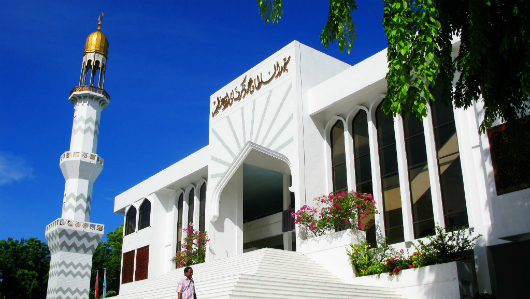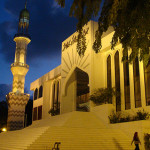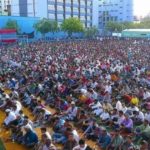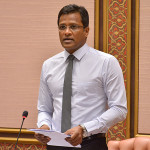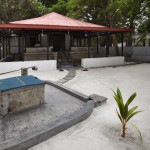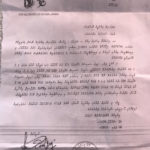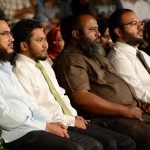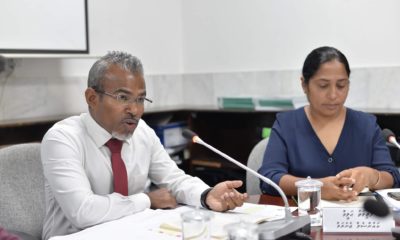The Islamic ministry has instructed mosques to stop reciting a special prayer for President Abdulla Yameen’s safety after opposition from island councils and Imams.
The ministry had ordered mosques across the country last week to recite the prayer after the five daily prayers for a month following an unexplained blast on the president’s speedboat on Monday.
“Protect and save our ruler, our people, and our country from the evil plots of schemers, acts of terrorism, the deceit of the deceitful, and the envy of the envious,” reads the prayer.
According to local media reports, worshippers and Imams at some mosques as well as prominent religious scholars have objected to the mandatory prayer, contending that it is a bid’ah (heretical innovation). Several mosques in Fuvahmulah and Addu City have reportedly refused to recite the prayer.
Sheikh Ibrahim Ahmed, a media official at the Islamic ministry, told The Maldives Independent today that Imams have now been instructed to recite the qunooth instead at Maghrib, Isha, and Fajr prayers.
“Some have complained that reading a special prayer after obligatory prayers is not something that was practiced or instructed by the Prophet. Therefore, we now have decided to read the Qunooth instead,” Ibrahim said.
The qunoonth is a special supplication recited primarily at dawn prayers. The prayer is made as an invocation when the Muslim community faces calamities or hardship.
He added that the special prayer was prompted not only by the mysterious explosion onboard the president’s speedboat, but also in relation to tidal swells that were expected to hit islands across the country last week.
The island council of Baa atoll Thulhaadhoo meanwhile ordered the imams of the island’s mosques last week to stop reciting the prayer after several people expressed discontent and made complaints. The council said in a statement that some worshippers even left the congregation when the prayer was read while others asked Imams to stop.
The number of people who attend the mosque for daily prayers have declined since Imams started reciting the the prayer, the council said, adding that the decision to cease reciting the prayer was made to avoid religious strife and discord.
The blast on the speedboat occurred around 8:00am on September 28 while President Abdulla Yameen was returning to Malé after performing the hajj pilgrimage in Saudi Arabia.
Journalists awaiting the president at the Izzudin jetty heard a loud blast just before the speedboat docked at the pier, and saw the door on the speedboat fall off its hinges.
Yameen escaped unhurt, but First Lady Fathmath Ibrahim suffered minor bone fractures while a presidential aide and bodyguard also sustained injuries. All three were hospitalised.
The authorities have so far been tightlipped over the investigation while forensic experts that arrived from the US, Saudi Arabia, Australia, India, and Sri Lanka to assist the police investigation have left the country.
Government officials also made conflicting statements to the international media after the incident. Mohamed Hussain Shareef, presidential affairs minister, told the press in Colombo that the blast was probably caused by a mechanical failure and ruled out the possibility that the opposition could have been responsible.
However, Foreign Minister Dunya Maumoon told the AP that “it is likely that it was a targeted attack against the president”.
An assassination attempt would be unprecedented, Dunya said, but declined to speculate on any connection to local politics or religious extremism.
She added: “There are potentially many sources it could have come from.”

